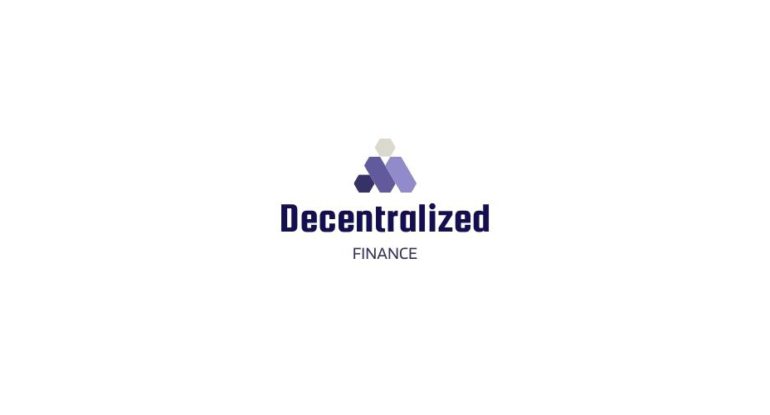Is Intellectual Property (IP) Blockchain-Ready?

Blockchain is a versatile technology used in various sectors and enterprises due to its low maintenance costs, enhanced transparency, reduced administrative burden, and fraud resistance. So, what is blockchain, and might this game-changing technology be used to manage intellectual property (IP) rights like patents, copyrights, trademarks, and industrial designs, among other things?
Blockchain technology is a method of establishing a shared database for recording and tracking transactions and assets. In theory, blockchain may be used to establish and maintain any database or ledger. Because a single user does not govern the blockchain, there is no centralized version of the ledger. Instead, it can be broadly available to the general public or huge organizations, depending on the rights granted. Users can view the chronological activity for that particular blockchain because the chain is refreshed with each transaction. It is impossible to remove something from the database once it has been entered.
Intellectual Property “Blockchain”
While it’s difficult to predict all of blockchain’s potential IP applications, I see three in particular that are relevant to technology transfer and IP professionals.
1. Blockchain can aid in the management of intellectual property rights and the transfer and commercialization of technologies.
Inventors who want to identify possible investors while also preserving their discoveries could use blockchain. A ledger might contain a brief summary of the innovation’s character and objective. Individuals are seeking to learn more about how the invention works are required to accept the terms of a “smart contract.” In addition to the original idea, patent holders might use blockchain to discover possible licensees for associated know-how and trade secrets.
Inventors may choose to disclose their technological discoveries in order to maintain the novelty of their inventions and ensure their freedom to operate. As a result, blockchain technology can help with IP rights management. Publications created in a blockchain context could be used as evidence in IP cases.
2. Blockchain as a registrar of IP addresses
Blockchain may also be used as a technology-based IP registry. IP owners can store hashed digital certificates of their IP and use smart contracts to collect royalties from others who use their works and inventions.
Patent authorities and other regulatory bodies frequently have extensive approval wait times. In many industries, incumbents must act quickly to safeguard their inventions and stay on top of the game, and this delay might stifle the first-mover advantage. It is much easier to register new IP, amend filings, and transfer ownership at any moment by replacing centralized registration methods with decentralized ones. Thanks to blockchain, regulatory agencies will accomplish more with fewer resources.
3. Identifying the creators, proving ownership, and tracing the origins of creative works
Original works can be cataloged and stored using blockchain. Authors frequently lack proper tools for cataloging their works, and copyright ownership can be difficult to establish. It can also be difficult to see who is utilizing their work and for third parties to know who to approach for a license. Authors are frequently unable to stop infringements or properly market their creations. Copyrights do not need to be registered with blockchain and can be created automatically when an original qualifying work is created.
Tracing a complete line of ownership is another important issue with IP rights management. It’s difficult to tell the difference between being inspired by another musician’s work and stealing it. In the history of music, notorious copyright cases demonstrate that identifying creatorship and copyright ownership is frequently “mission impossible.” These flaws in the system can be addressed with blockchain technology. For example, blockchain-based platforms like Binded allow authors to record copyright ownership, which can subsequently be used to track where and how the work is being used online and seek licenses from other parties. To track how copyrighted photographs are utilized, Binded uses a combination of integrations with the US Copyright Office, Instagram, and Twitter. Binded gives a digital certificate of authenticity when work is registered. This registration can aid third parties in identifying a work’s creator and IP owners in combating infringements. IP owners are currently having difficulty securing their IP works online, i.e., it is difficult to maintain control of an IP work once it has been uploaded on the internet and monitor everything.
The New York State Department of Financial Services is encouraging cryptocurrency firms to use blockchain analytics tools for KYC, monitoring, and sanctions screening.
This implies a view that self-governance (without direct tracking by the state) might be deemed sufficient.
— XBTO (@xbtogroup) May 3, 2022
When IP work is registered and confirmed utilizing blockchain-based platforms, writers can search across a variety of sources to see who is using their work at the same time. This makes it easy for IP owners to identify and prohibit infringements and license their IP works. In this way, blockchain can be used to enforce laws. Verifying if a new song infringes on the existing IP of a previously registered song will be much easier with a blockchain-based registration system. With the use of artificial intelligence, this type of blockchain-based detection system can be applied to language, art, and music.
Also, read – The Complete Guide to Blockchain Gaming and How it Could Revolutionize the Industry
The Road Ahead
These examples show how IP owners may use blockchain platforms to better control and exploit their intellectual property, collaborate more effectively, and receive fair and efficient remuneration. Making the process more transparent and efficient and eliminating financial intermediaries might greatly influence IP rights management in the digital world.
Although the concept of developing a more effective blockchain-based system for the management and monetization of IP rights is still relatively new, new blockchain-based applications for the management of IP rights continue to emerge with surprising regularity. Many difficulties, such as the processing power required by blockchains, the compatibility and interoperability of different blockchain platforms, and legal issues, including data ownership, privacy, liability, and jurisdiction, remain unanswered.




























































